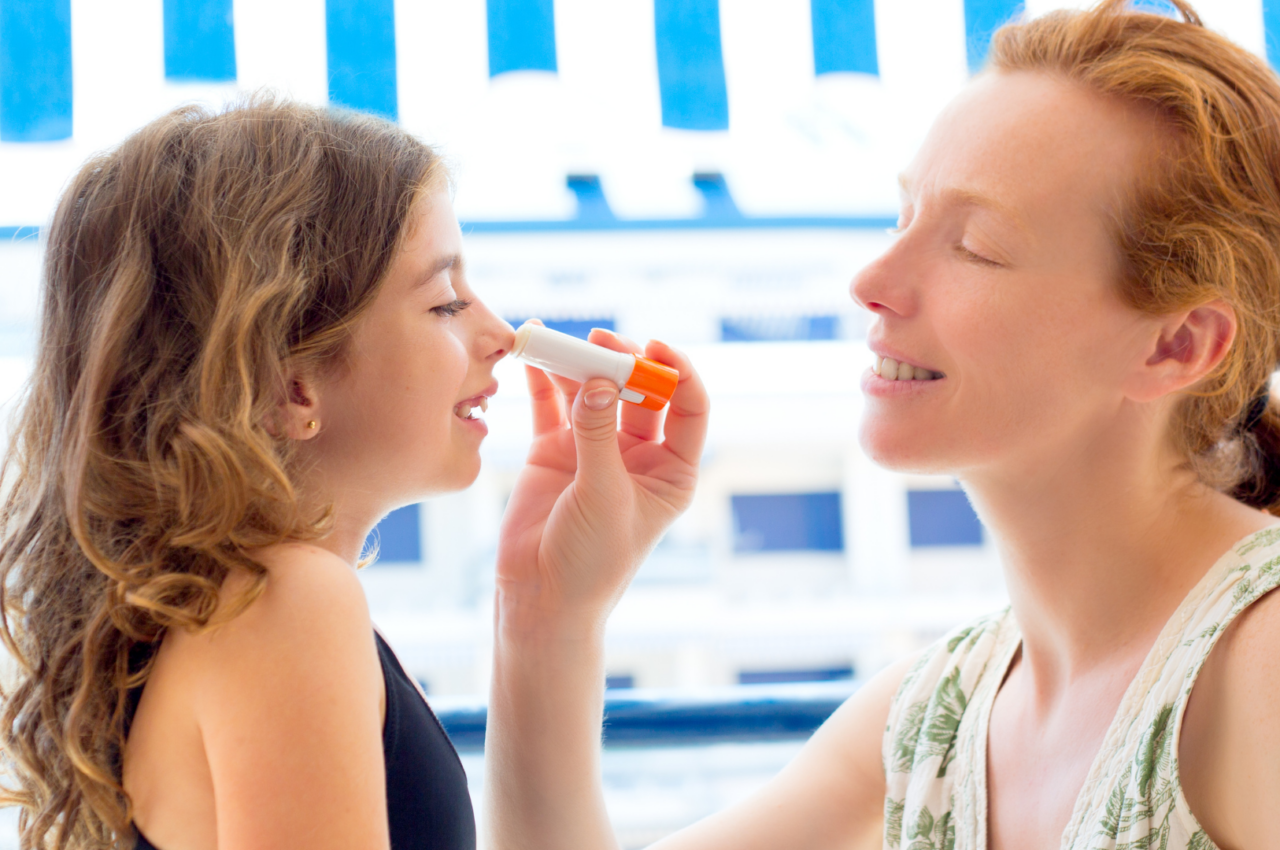Contrary to popular belief, your sunscreen will expire. The shelf life of the average sunscreen is three years, so many consumers think their sunscreen is always usable. But, it is important to pay close attention to the expiration date for a number of reasons.
Where to find the expiration date
Using expired sunscreen can lead to several issues due to its reduced effectiveness and potential changes in its chemical composition. The expiration date of sunscreen is usually printed on the product packaging or container. Look for a label that might say “EXP” followed by a date or you will see the “Expiration Date” written out. The location of the expiration date can vary depending on the brand and type of packaging, but it is commonly found on the back or bottom of the sunscreen bottle or tube. If you have trouble locating the expiration date, check the product’s box or any accompanying paperwork for the information. It’s essential to use sunscreen before its expiration date to ensure optimal protection and effectiveness.
Warning: expired sunscreen puts you at risk
You’re putting yourself at risk for a major sunburn when you use expired sunscreen. Sunscreen’s active ingredients degrade over time, making it less effective in shielding your skin from harmful UV rays. This can lead to sunburn, premature aging, and an increased risk of skin cancer. The severity of skin damage will depend on a number of factors, including how expired the sunscreen is, how high the UV index is, and how your skin reacts to sun exposure. So, if you notice your sunscreen is expired, toss it out. It’s not worth the risk.
Expired sunscreen can cause skin issues
In addition to leaving your skin vulnerable to UV damage, you’re also putting your skin at risk for other skin issues. Expired products don’t work the way they should and this could leave sensitive skin open to breakouts or irritation — it may contain inactive ingredients that have broken down and could cause skin irritation or allergic reactions when applied to the skin. Also, the changes in the chemical composition of an expired sunscreen might clog pores and contribute to acne breakouts in some individuals.
Heat and humidity may change the shelf life
Sunscreen should be stored in a dry, cool place most of the time. Of course, you want to take it to the beach and out and about, but try not to leave sunscreen outside for prolonged periods of time, and don’t keep it in your car. The weather can affect the sunscreen and cause it to break down faster.
Not all sunscreen lasts for 3+ years
As we mentioned, the average shelf life of sunscreen is 3 years, but that’s not a hard and fast rule. Every sunscreen is different and you should always check your products for expiration dates and shelf life dates to ensure you’re using them up in a timely manner. For sunscreens that do last a few years, it is great because you can pull them out in the summer. For sunscreens with shorter shelf life, opt to use them as your daily products so you can get the most out of them.
A quick tell-tale sign your sunscreen is expiring or expired is if it develops an unpleasant odor or a change in texture, making it less enjoyable to use. To ensure the best protection and minimize potential issues, it’s essential to regularly check the expiration date of your sunscreen and replace it as needed. When in doubt, it’s safer to get a new bottle rather than risk the consequences of using expired sunscreen.
Rock it like a Redhead!
RELATED POSTS
READ: Redheads: What’s the Deal with Waterproof and Water-Resistant Sunscreen?
READ: BUSTED: 7 Myths Redheads Should Know About SPF And Sunscreen



